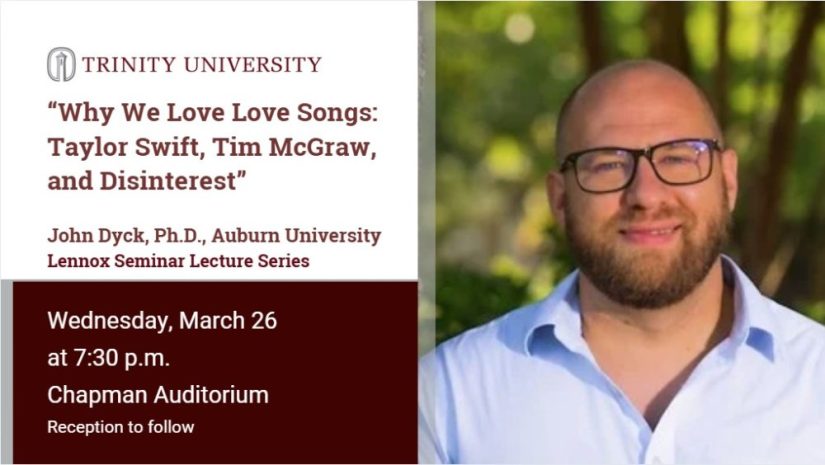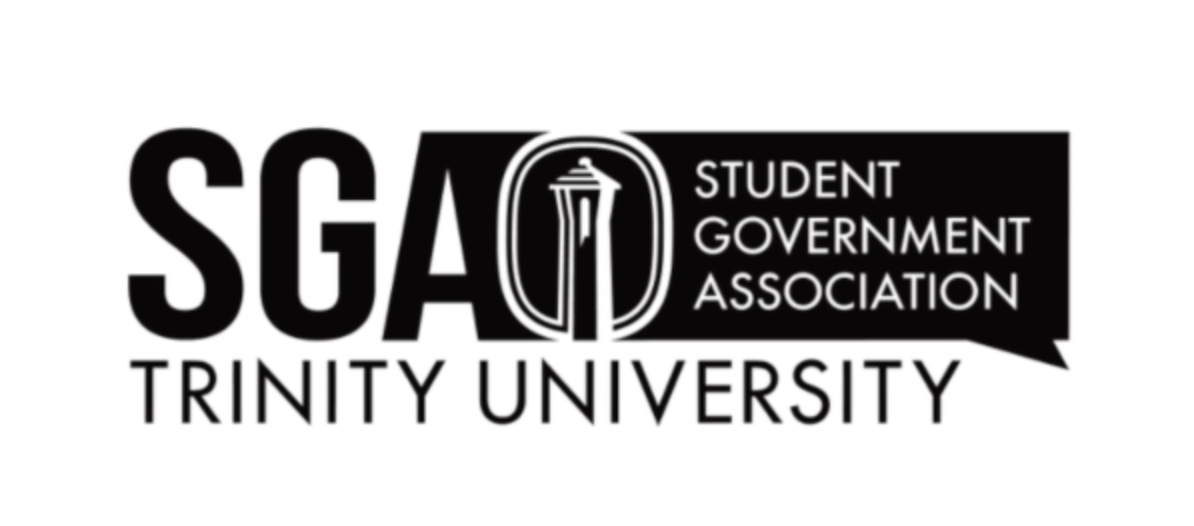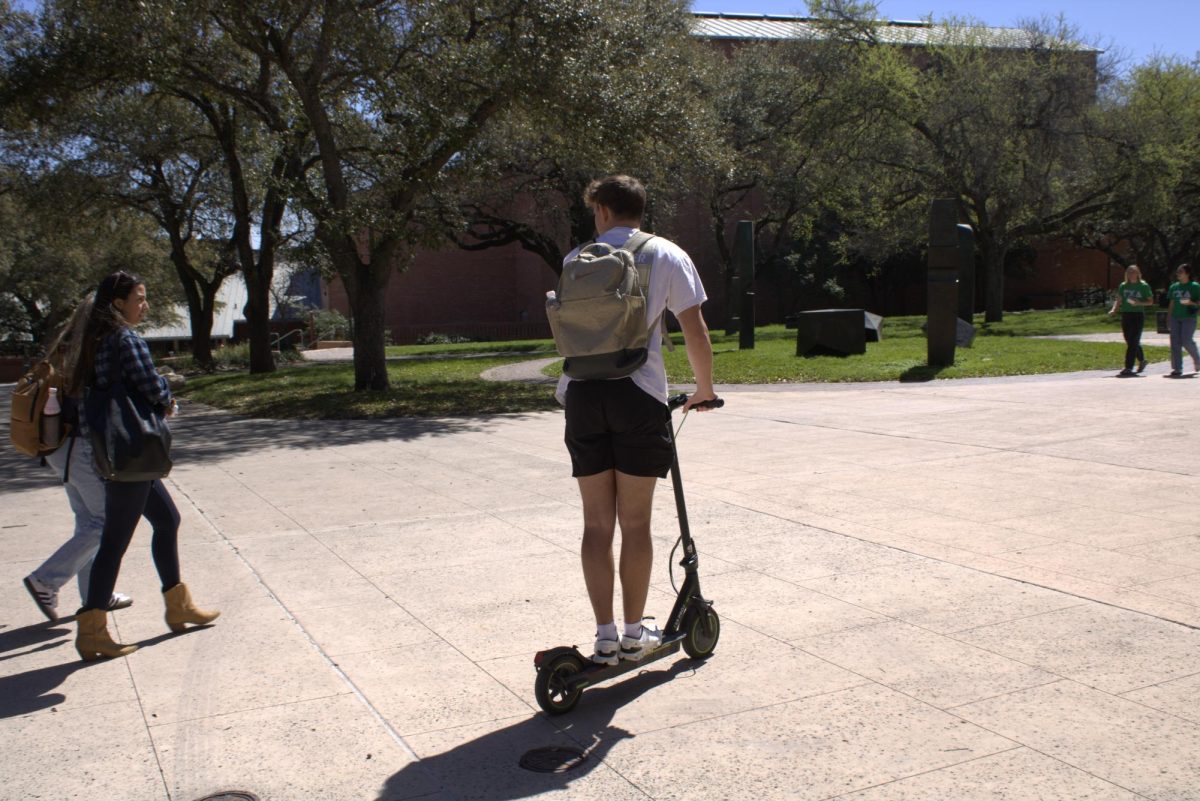Trinity students look for jobs on campus during the school year as a way to make money and work in close proximity to their residence hall.
Trinity University offers a variety of jobs on campus, which range in hours per week. Most pay minimum wage, and all student paychecks are distributed every two weeks. The Federal Work-Study (FWS) and Institutional Work-Study (IWS) are the student employment programs that give students the opportunity to earn money by working part-time on the Trinity University campus or for specific off-campus organizations.
“Federal Work-Study is a need-based financial assistance based on [the students’] completion of the Free Application for Student Aid,” said Maria Soto, human resources coordinator and processor of student employment. “Institutional [Work-Study] are funds paid out of department money.”
FWS is offered to students who qualify for the need based on their Free Application for Student Aid (FAFSA). The students are paid via funds from the U.S. Department of Education.
If a student does not qualify for FWS, then they can work through IWS, which is paid directly by Trinity University.
“All vacant jobs on campus are available and first priority to FWS students so that the departments do not have to use their funds,” Soto said.
Sophomore Suzy Blalock works as a manager at the William H. Bell Center and for the Intramurals as a referee, and while managing her time can be difficult, she makes sure to prioritize school first so she stays as stress-free as possible.
“Before I go to work I try to get my homework done so I don’t have to worry about it during work,” Blalock said. “I also don’t pick up extra shifts if I have school work to be done or if I have scheduled plans with friends.”
While balancing a job with school can be difficult, Maya Crose, a junior employed as an assistant in the art and art history department, explained that employers understand.
“Another plus [to working on campus] is that since [your bosses] know you are obviously a student, they have a lot of sympathies if you are really stressed out with school work or having a bad mental health day,” Crose said. “I’ve been fortunate to have such great bosses that really care about my well-being.”
Staff regularly look for new people to hire, as approximately 900 student employment agreements are processed per year. Job opportunities are posted on Trinity’s website.
“Most departments and offices are flexible with student work schedules,” Soto said. “A few departments have specialized hours, duties and skills.”
According to Soto, having a job while in college teaches work ethic, responsibility, time management and how to handle money that can be applied to the tuition, books, or any other personal needs and pleasures.
“Having an on-campus job allows me to be apart of the Bell Center community, and it allows me to be a student but also be disciplined,” said Kelsi Ballard, senior and facility manager at the Bell Center. “I have friendly relationships with many of the faculty — including coaches and administration in the Bell Center — that I otherwise would not have. This allows for new opportunities including connections and possible recommendation letters.”
To find out whether or not you are eligible for FWS, contact the Student Financial Aid Office. All vacant student job opportunities were posted on Aug. 17 on the Trinity website.






